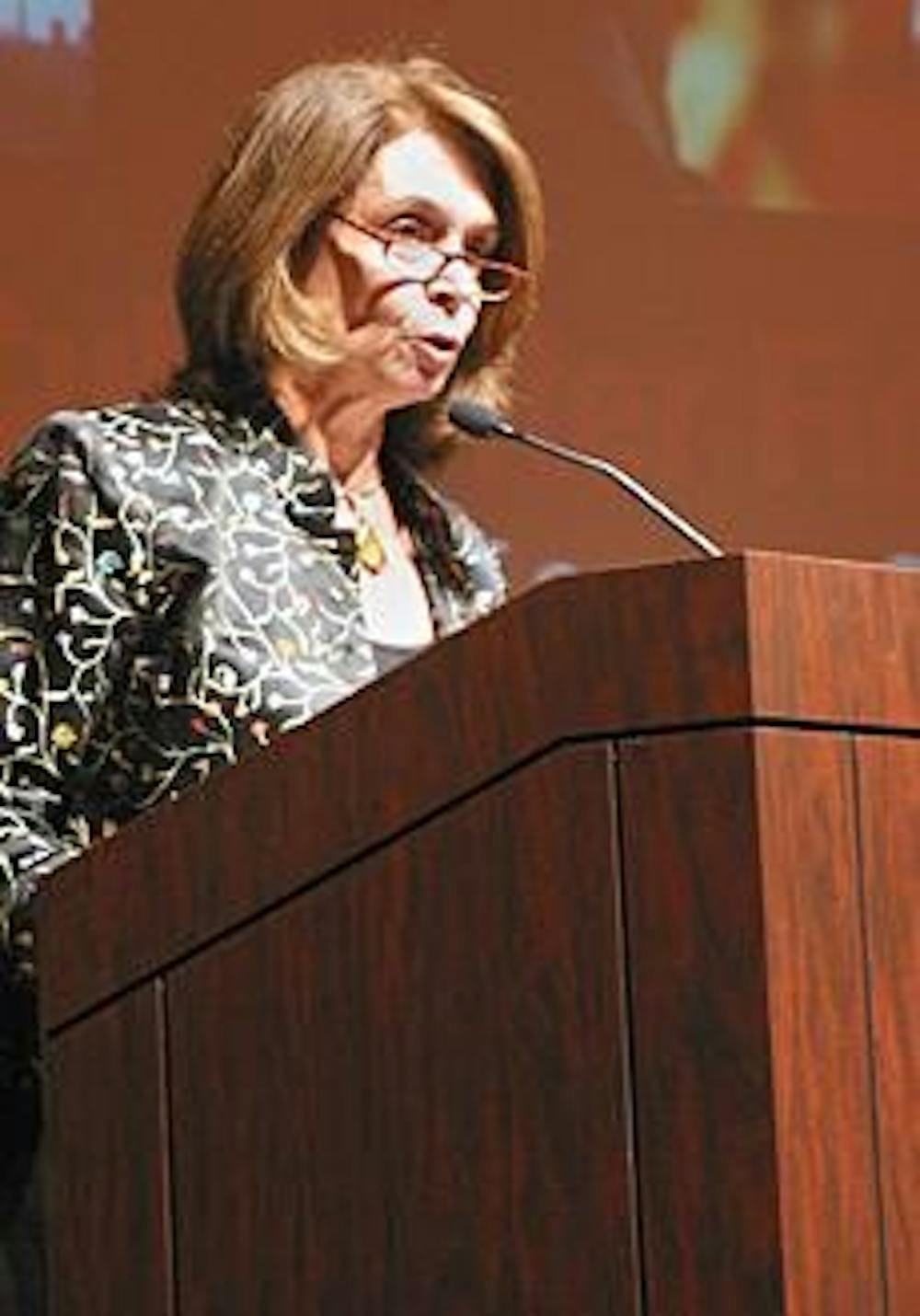Few things can be said for certain about Cuba's future after President Fidel Castro dies, according to a panel at a discussion Tuesday examining the future of Cuba after Castro's death.
Fidel Castro, who took control of Cuba in 1959 and has since had complete control of the country, was hospitalized in August with internal bleeding. Since then, he has temporarily turned over eight different roles to eight different individuals in his cabinet. One of those individuals is his brother, Raul, who is the constitutional successor to the presidency.
"It is important to understand that planning for the succession of Fidel has been underway for quite some time," said William LeoGrande, dean of the School of Public Affairs.
Philip Peters, vice president of the Lexington Institute, a non-partisan and non-profit public policy research organization in Arlington, said change may be possible if and when Raul takes power.
"[Raul] is not allergic or averse to using ideas from the outside," he said. "Nobody knows what he would do on the day he would become president, but that's his record."
Peters said Raul Castro's use of some progressive management reforms in the Cuban military is evidence of his non-traditional methods.
Silvia Wilhelm, an AU alumna, Cuban and executive director of the Cuban American Commission for Family Rights, said President Bush has spoken often about the "Axis of Evil," but she said Bush's rhetoric about "Cuba" being interchangeable with "Fidel" has drawn attention away from the separation of Cuban families because of U.S. legislation.
Wilhelm referenced a 2004 tightening of the Trading With the Enemy Act of 1963, which restricts Cuban-Americans to one visit to Cuba of no more than two weeks every three years.
Wilhelm said she blamed the United States for being "the one that is truly impacting and affecting the separating of the Cuban family." There are 1.5 million Cuban-Americans in the United States, 63 percent of which were born in Cuba.
Robert Pastor, AU vice president of international affairs, said Raul is not the same iron-fisted ruler as his brother, and Raul's progressiveness will affect how the island nation responds to Fidel's death.
"People are frustrated in Cuba," he said. "They want change. Six months after Fidel dies, they will begin to call for change in increasingly strong ways."
A revolution right after Fidel Castro's death is unlikely, Wilhelm said.
"I think the Cuban people will stay united," she said. "There is a desire on the part of the Cuban people for some changes in their lives. That doesn't mean it will be a revolution of any sort, but with the new government, they will try to get their hopes and dreams articulated."
"Cuba After Fidel: What is the future of a post-Castro Cuba?" was held Tuesday in the Abramson Family Recital Hall in the Katzen Arts Center. It was hosted by SPA and was a part of the Carmen Group's Policy Forum Series.





